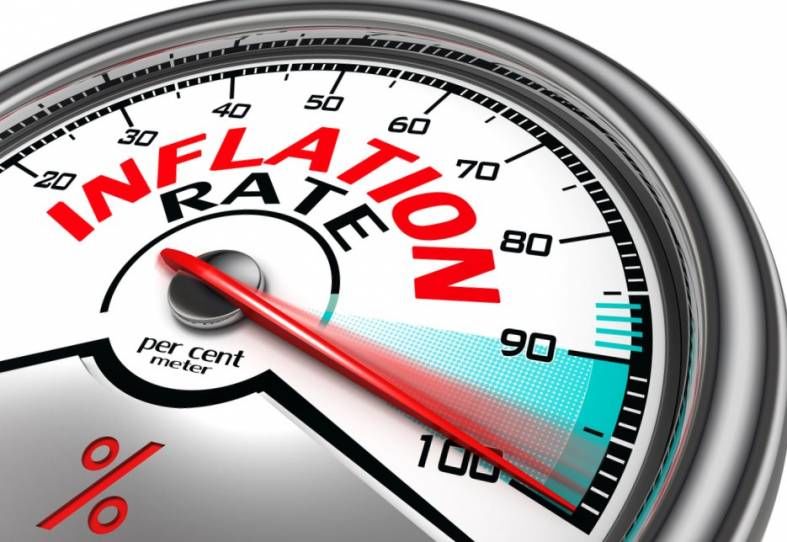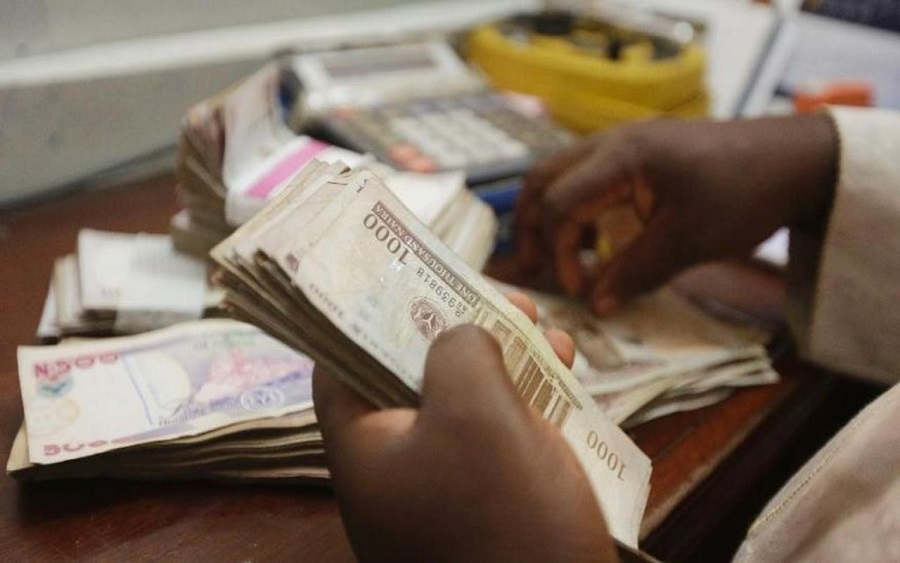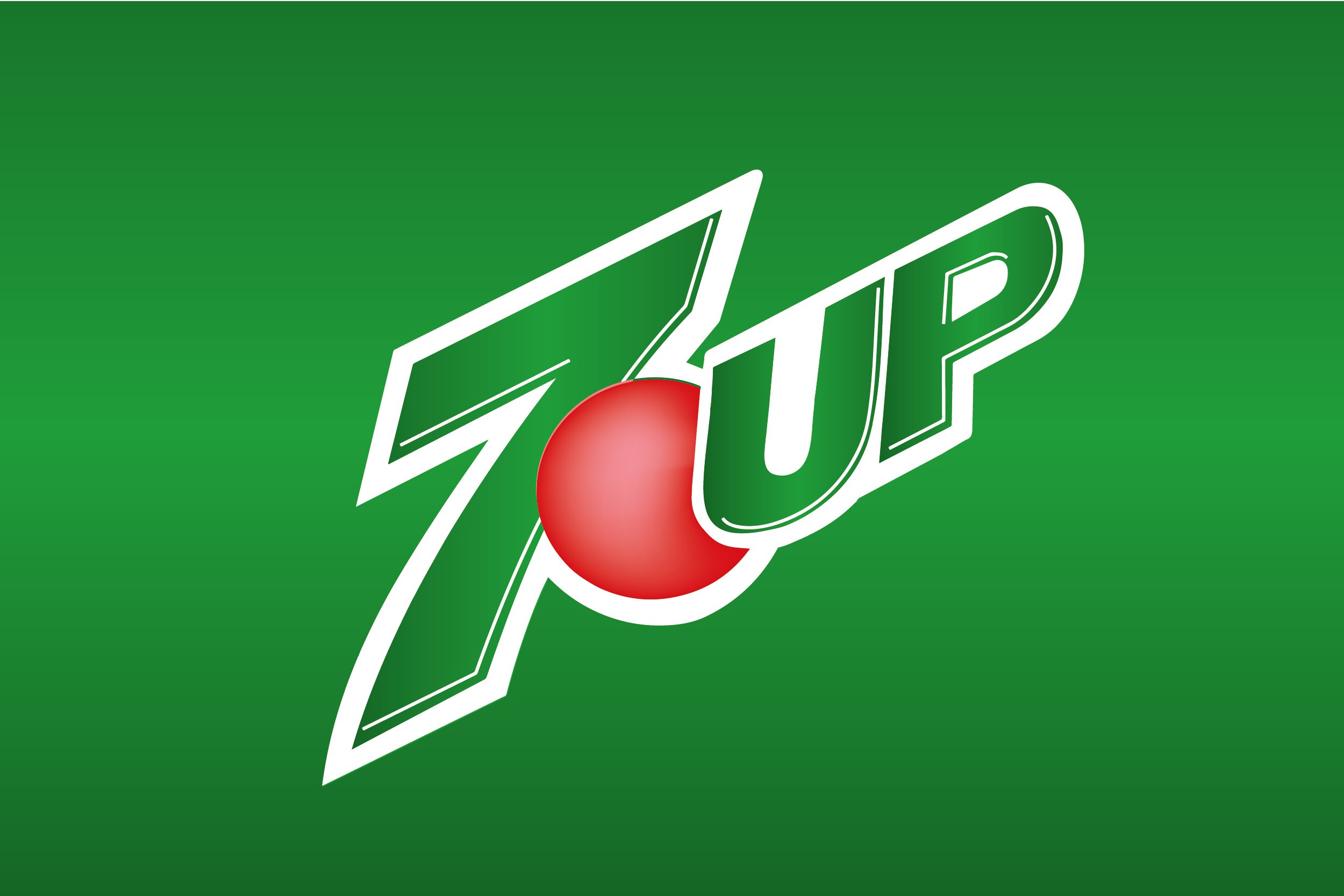
By Dipo Olowookere
A new report by FSDH Research has predicted that inflation rate for the month of June 2017 will drop further to 15.64 percent from 16.25 percent in the month of May.
Last month, the National Bureau of Statistics (NBS) revealed that inflation for May deflated to 16.25 percent from 17.24 percent in April 2017.
FSDH Research, in its report released on Thursday titled Inflation Watch, it observed that the increase in the price of food items moderated in the month of June compared with May 2017.
“We also observed increases in some divisions that contribute to the Core Sub-Index, with the highest price observed in the clothing and footwear divisions.
“Based on the data release calendar on the National Bureau of Statistics (NBS) website, we expect the NBS to release the inflation rate for the month of June 2017 on July 17, 2017,” the report said.
It was noted that the monthly Food Price Index (FPI) that the Food and Agriculture Organization (FAO) released today shows that the Index advanced further in June 2017.
The Index averaged 175.2 points, 1.43 percent higher than the revised value for May 2017, and 6.89% higher than the June 2016 figure. Movement in the food prices were in varying directions. Dairy, cereal and meat prices were mostly responsible for the uptick in the value of the Index while sugar and oil prices depreciated.
The FAO Dairy Price Index appreciated by 8.26 percent in June 2017. Prices of all dairy products which include milk powders, cheese and butter appreciated significantly during the period.
The FAO Cereal Price Index gained 4.21 percent from the previous month, representing a one-year high. Wheat and rice prices firmed up and were primarily responsible for the uptick in the value of the Index.
The FAO Meat Index was up by 1.85 percent on the backdrop of generally higher prices as import demand strengthened.
On the flip side, the FAO Vegetable Oil Price Index was down by 3.88 percent, driven by falling quotations for both palm and soy oils.
Good production prospects and bumper harvests contributed to the fall in prices. The Sugar Price Index dropped by 13.45 percent in June 2017 on the heels of weak global import demand and improved supply conditions in the main sugar producing regions in Brazil.
In addition, analysts at FSDH Research said, “Our analysis indicates that the value of the Naira depreciated at the inter-bank market while it appreciated at the parallel market.”
The Naira lost 0.16 percent to close at N305.90/$ at the inter-bank market while it gained 2.96 percent to close at N371/$ at the parallel market at the end of June 2017. The appreciation of the Naira in the parallel market is expected to counter the effect of the rising prices of food at the international market.
Hence, this should lead to a moderation in the pass through effect of imported prices on consumer goods in Nigeria, the report noted.
It pointed out that there was a general price increase in most of the food items that FSDH Research monitored in June 2017.
The prices of onions, yam, tomatoes, garri, sweet potatoes, palm oil, vegetable oil, Irish potatoes and rice were up by 33.89 percent, 24.6 percent, 11.11 percent, 6.67 percent, 4.76 percent, 4.62 percent, 3.03 percent, 2.96 percent and 2.69 percent respectively.
Meanwhile, the prices of beans, meat and fish were stable. The movement in the prices of food items during the month resulted in 1.25 percent increase in our Food and Non-Alcoholic Index to 243.34 points.
“We also noticed increase in the prices of Housing, Water, Electricity, Gas & Other Fuels divisions between May 2017 and June 2017.
“Our model indicates that the general price movements in the consumer goods and services in June 2017 would increase the Composite Consumer Price Index (CCPI) to 233.25 points, representing a month-on-month increase of 1.18 percent.
“We estimate that the increase in the CCPI in June 2017 would produce an inflation rate of 15.64 percent lower than the 16.25 percent recorded in May 2017,” the report predicted.


















